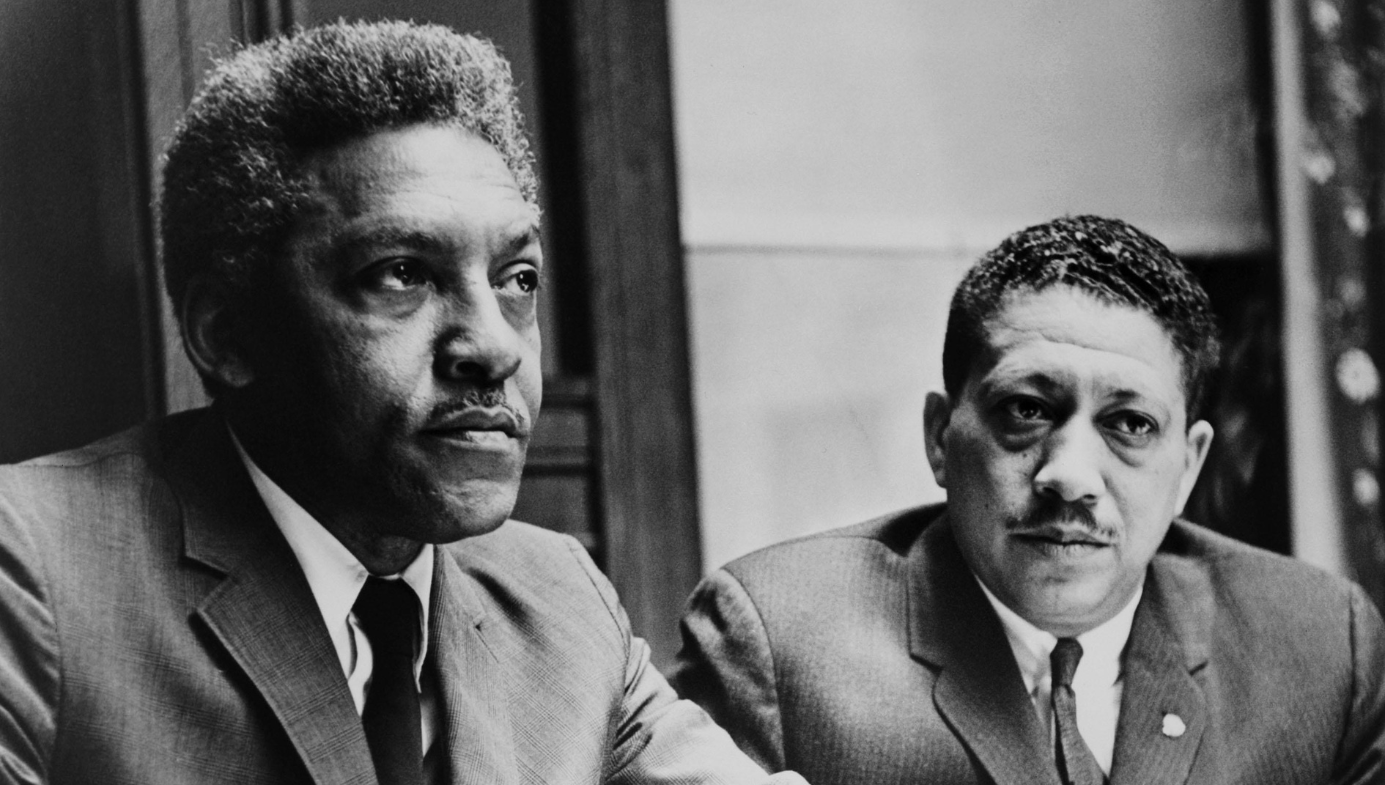Crime
Condemn this Violence without Equivocation
The protests are not merely the legitimate exercise of constitutional rights to assemble and to petition our government—they are essential for sustaining the moral health of our democracy.

I thank God that the brutal and senseless killing of George Floyd—an unarmed black man—by the white Minneapolis police officer, Derek Chauvin, was captured on video for all the world to see. That shocking episode provides irrefutable evidence—yet again—of the callous, corrupt, and inhumane practices that are being used by some of those to whom we have granted the fearsome authority and weighty responsibility of policing the streets of our cities. Chauvin’s behavior (and that of his fellow officers, who are depicted in the video standing idly by for what seems like an eternity, while Chauvin casually kneels on Floyd’s neck choking the life out of him) is contemptible, enraging, and entirely unacceptable. This would be true, of course, regardless of the victim’s or the policeman’s race. Yet, given our country’s history, when the murderous cop is white and the dead civilian is black, it is truer still. So, it is essential that those who committed this apparent crime be held accountable in a duly constituted court and, should they be found guilty, punished to the fullest extent of the law.
We have been here too many times before in recent years, and many of us have had quite enough. Crowds of angry Americans from every racial group and all walks of life have spilled into the streets, vociferously protesting this instance of racial injustice and police brutality. The protests are not merely the legitimate exercise of constitutional rights to assemble and to petition our government—they are essential for sustaining the moral health of our democracy. Protestors—the vast majority of whom have gathered peacefully to make their voices heard—render a vital public service with their insistent demands for change. Their anger is fully justified. Their impatience is entirely understandable. They must not be ignored.
But not all protests have been peaceful and not every protestor has behaved righteously. In cities across our country we have witnessed, often in real time, violent attacks on the police, looting of commercial outlets, and torching of the property of innocent bystanders. That is, some of the protests have descended into riots. This rioting is also contemptible, and it, too, demands our unreserved condemnation.

Not only are theft, arson, and violence immoral, but they are also politically counterproductive. It should be obvious that the outrageous injustice apparently perpetrated against George Floyd can in no way justify or excuse the criminal behaviors of those few who are using the chaos of mass protests as a cover for their sprees of looting, arson, and mayhem. No civilized society can allow righteous anger to become a license for indulging one’s basest instincts. The violence, arson, and theft must stop. And so long as they continue, they must be forcefully condemned.
To condemn the rioting—which I believe to be a moral and political imperative—is not at all the same thing as opposing the protests. Many observers have been reluctant to do the former because they wish to avoid the latter. I maintain that this is a grave mistake. On the contrary, sympathy for the protesters’ reform agenda would seem to require condemning the nefarious deeds of looters and arsonists. For the rioting plays right into the hands of those political forces that are least sympathetic to the interests of poor communities of color. Mark my words: The violence from these protests will, if it persists, provoke a vicious backlash. It will discourage people from viewing the plight of the minority poor with compassion and understanding.
This backlash of revulsion at the images of anarchy in our cities, now being broadcast into voters’ homes in every suburban and exurban hamlet daily, will be felt not only on the far-right of the political spectrum. The rioters—who aim to inflict injury on the cops; who help themselves to the electronics and the clothing inventories of looted department stores; who willfully destroy the small businesses of (often non-white) merchants whose shops took a lifetime to build—are going a long way toward solving President Trump’s re-election problems for him, if history is any guide. They are placing the Democrats in a very difficult position, even as they act in ways that appear to vindicate Trump’s darkest visions of America.
Americans are in a very dangerous situation now. We stand on the brink of a widespread epidemic of civil unrest whose ultimate consequences are difficult to reckon. All it may take is just one political assassination; one mistaken shot fired by a nervous, frightened young National Guardsman confronting a raucous mob; one enraged immigrant shopkeeper who guns down a black youngster trying to loot his store; for all hell to break loose. The dry tinder lies at hand, needing only a spark to start a conflagration. There are opportunists in our midst who would hope this might be so. Which is why I insist that progressive intellectuals who make excuses for street violence, even in the face of the awful killing of George Floyd, are making a monumental moral and political error.






